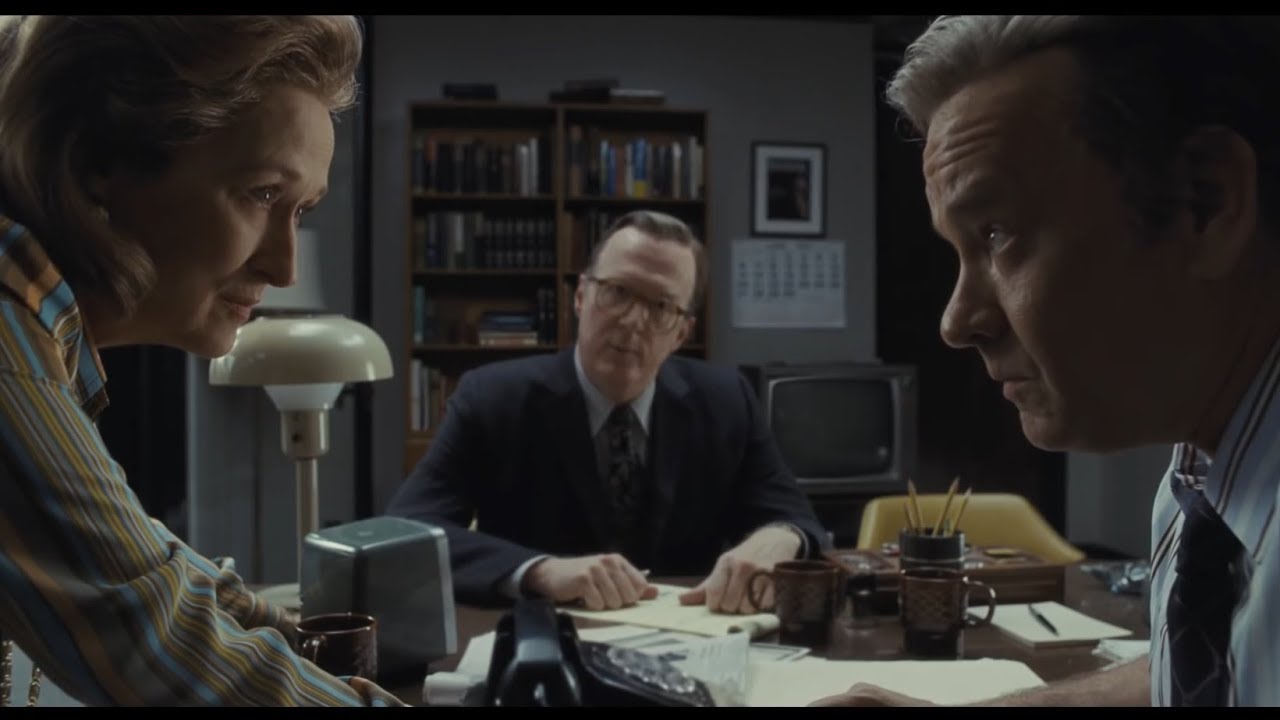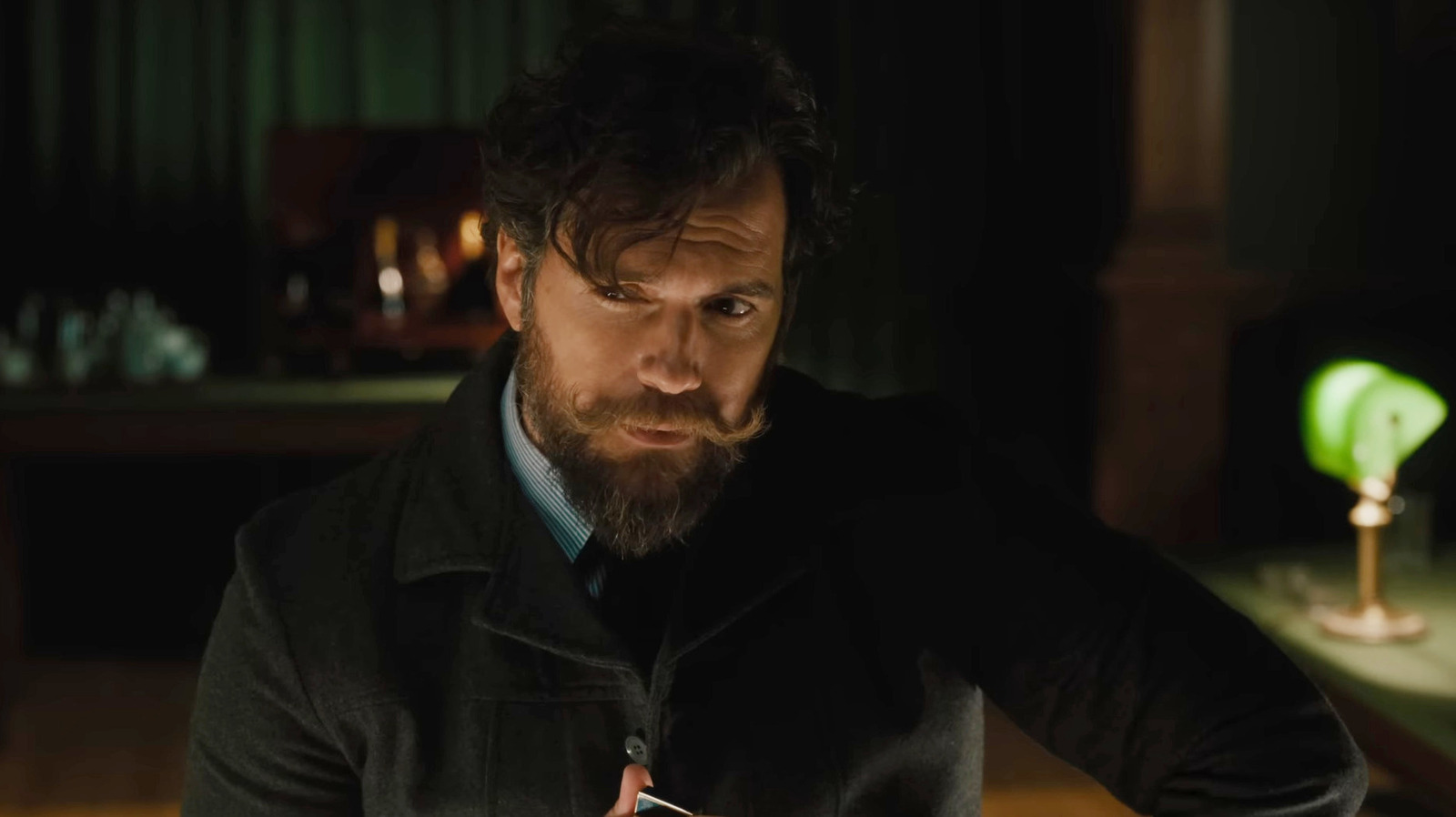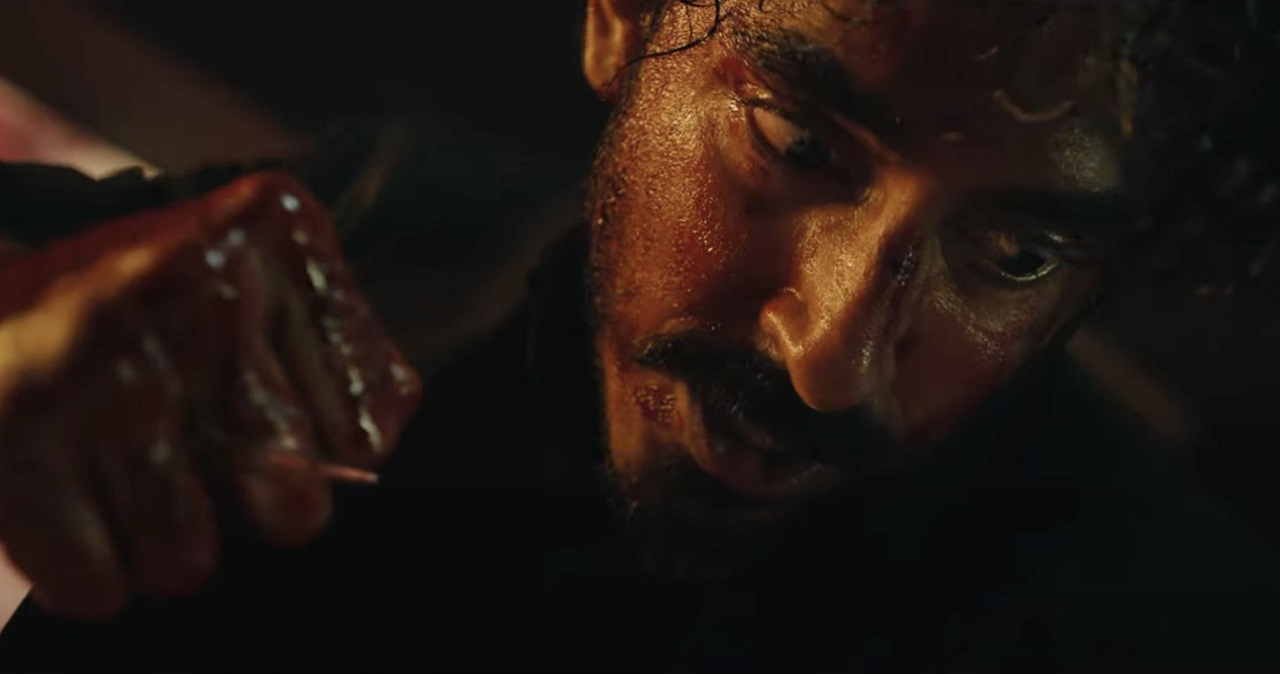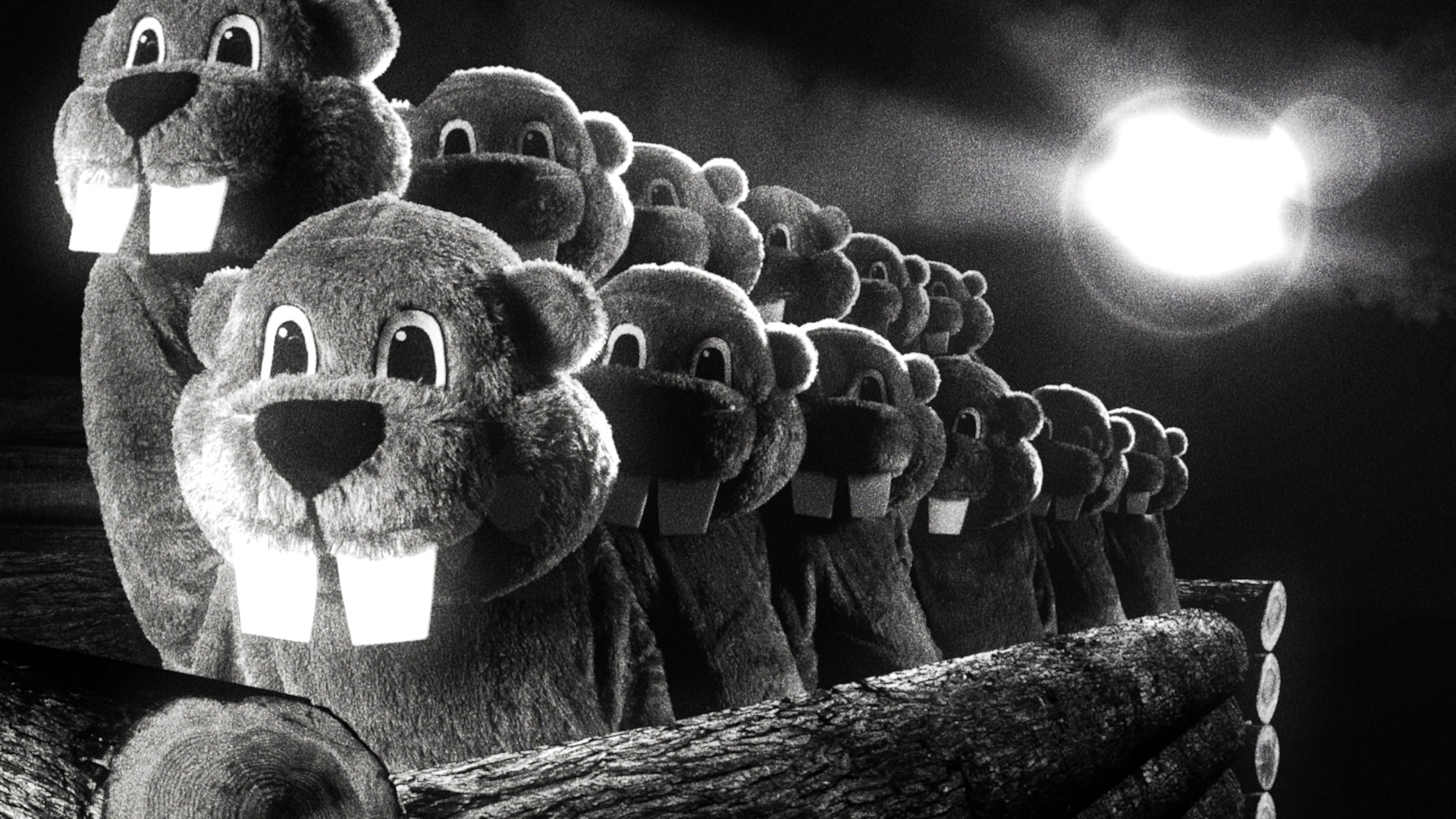
In the era of so-called fake news and questioning of journalistic integrity, Steven Spielberg’s The Post is both eerie and timely. It’s a mostly reactionary piece to be sure that focuses more on the importance of the Washington Post’s contribution to free press and representation. And, yes, it does slam its points home with the power of Thor’s hammer. But in an age when we tend to devalue journalism to such a degree, such an impact feels warranted.
The journalists, publishers, and legal teams of The Washington Post fight two battles in 1971. Their first is the familiar plight of every news outlet: exclusivity. Trying to keep up with the New York Times, the Post struggles to tackle the latest news when they find themselves limited. As soon as they finally land some photos of Nixon’s daughter’s wedding, the Times has already stumbled onto the most shocking news of the decade. Classified documents on the Vietnam war scandal begin to surface and end up becoming front-page news for publications. The Post strives to keep up with their own tactics, only to receive word over the wire that they’re too late with getting a story out. One might think they’d be celebrating when the Times is barred from publishing anymore classified documents less they be brought to court. But the Post isn’t relieved, realizing they could be prosecuted for such stories.
And then the unlikely happens. Thanks to Post reporter Ben Bagdikian (Bob Odenkirk), a hefty chunk of classified Pentagon papers are unearthed and the publication has its biggest story ever on its hands. The big question arises if they publish or not. For the paper’s editor Ben Bradlee (Tom Hanks), it’s an easy decision. He’s committed to the truth of journalism and is willing to go to prison if that’s what it takes to reveal the nasty truths behind a war. It’s a tougher call for the paper’s publisher Key Graham (Meryl Streep). She has fought hard to be the head of her company, assuming the duties of keeping it thriving and going public in the stock market. She doesn’t want to lose it all over one story, especially for being a woman in control of the company. If she fails, she fears she’ll be letting down aspiring women and give the stuffy male board members ammo for gapping gender. At the same time, she also has a chummy relationship with Washington, having parties and drinks with the likes of former Secretary of Defense Robert McNamara (Bruce Greenwood). A story such as this will do more than sour that relationship.
Leading up to the ultimate decision, brilliantly staged with Streep being badgered over the phone for her call, Spielberg brings us deep into the world of journalism. Conversations move quickly and with overlap in the office. Ben initially asks a general reporter how he randomly came to be handed a lead by an anonymous source, but Ben has already started formulating the next story before the reporter can finish the story. And before the story is even finished, the Times already has it, revealed from the newswire printings so long they drag across the office floor. The highlight of the film is undoubtedly watching the gargantuan printing presses start the process of printing the paper. Spielberg must have adored these machines and it shows in a breathtaking sequence of plates inked, papers rolling, and the entire building shaking as the latest edition is birthed for the morning.
Spielberg gave this project a bit of a rush and it shows in a few scenes. The messages are painted in with a broad brush, making sure that even the most oblivious of viewers will leave with mindful observations, including a post-climax stinger that is strangely foreboding. Thankfully, the strong cast approaches this material with just the right amount of tension and emotion. Hanks brings a surprising surliness to his role as an editor, channeling a gruffer man with a conflicted drive. Streep does her best with playing a woman that is terrified of making the wrong move, but not afraid to stick with it once she has made up her mind. When the two are on screen, there’s some great back and forth that is very direct and to-the-point. Other strong additions to the cast include Bob Odenkirk playing that familiar characters of desperation, David Cross as a boastfully bold reporter, and Jesse Plemons as the Post’s legal assistant a little uneasy when witnessing a living room bursting with classified documents.
The film certainly isn’t without fault in how it drives home the importance of journalism, transparency in government, and women in the workplace. I found myself with one or two lumps on the noggins from the heaviness of Ben’s wife stressing Kay’s struggles as a woman and the swarming mass of women that cheer on Kay as she exits the supreme court. We get it already. But do we? There’s plenty of knowing jabs at this scandal where characters liken this event to be the worst thing that will ever happen to journalism. The audience laughed at these winks, but these were laughs that came with nestled disappointment for how journalism has changed so greatly in both ethics, technicalities, business decisions, and political involvement. At the same time, there’s a relatable nature in how the free press will always face the harshest of condemning and that it’s up to those willing to put fingers to keys to keep it going. Kay says it best in the film’s conclusion of contentment, that the press may never be perfect and that they will make mistakes, but it’s an essential part of society. And The Post is an essential movie in this regard, even if it doesn’t feel as eloquent or biting as Spielberg’s other historical dramas.

 “Abigail” (2024) Review
“Abigail” (2024) Review  “The Ministry of Ungentlemanly Warfare” Review
“The Ministry of Ungentlemanly Warfare” Review  “Monkey Man” (2024) Review
“Monkey Man” (2024) Review  “Hundreds of Beavers” Review
“Hundreds of Beavers” Review  “The Truth vs. Alex Jones” Review
“The Truth vs. Alex Jones” Review  “Problemista” Review
“Problemista” Review  “Ghostbusters: Frozen Empire” Review
“Ghostbusters: Frozen Empire” Review  “Love Lies Bleeding” Review
“Love Lies Bleeding” Review 


